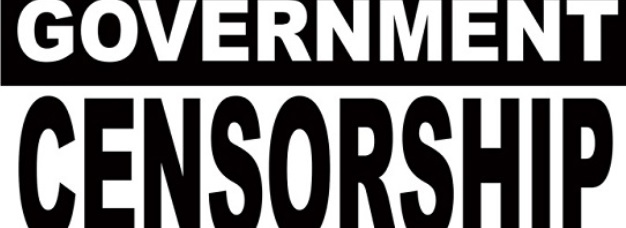The constituent partners of the Sri Lanka Press Institute (SLPI) yesterday condemned the Executive actions of President Maithripala Sirisena this week to re-activate the Sri Lanka Press Council. The SLPI said the President was re-introducing the dormant legislation that provided for wide ranging punitive powers including that of imprisoning media personnel.
A hard-hitting statement by newspaper publishers, national editors, media activists and working journalists accused President Sirisena of reversing an election promise of his to ensure the stoppage of direct and indirect threats and intimidation against print media personnel and their owners. They asked if this was the short-term and long-term programme he promised in his election manifesto to protect the freedom of all media personnel.
The SLPI which represents the Newspaper Society of Sri Lanka, the Editors’ Guild of Sri Lanka, the Free Media Movement and the Sri Lanka Working Journalists Association said the president’s action was illegal and that he did not have the “basic courtesy” to consult stakeholders.
“A President who has not only vowed to uphold media freedom, but also to regain lost freedoms and repeatedly said he is the only President who did away with Executive powers, has unilaterally exercised these very powers to re-introduce laws that allow his nominees to jail journalists and publishers,” the statement said.It added that “constituent partners of the SLPI have demanded from successive political leaders, the repeal of the draconian Press Council Law and call upon President Sirisena to rescind his ill-advised Executive decision to reactivate the Press Council, with immediate effect without dragging this country back into the abyss of a repressive, un-democratic state”.
President Sirisena appointed new members to the Press Council on Thursday. The UNP Government had stopped the functioning of the Press Council in January this year after the victory of President Sirisena. Under the controversial 1973 Press Council Law, it is the President who appoints members to the Press Council, but two seats reserved for journalists and workers must be appointed after receiving names from media associations and trade unions.
